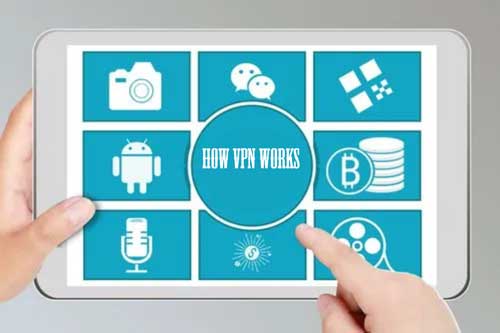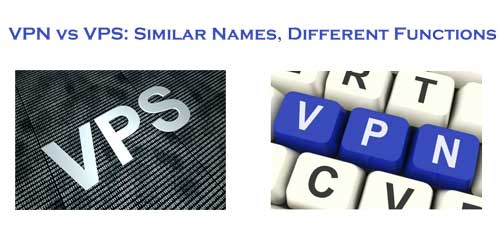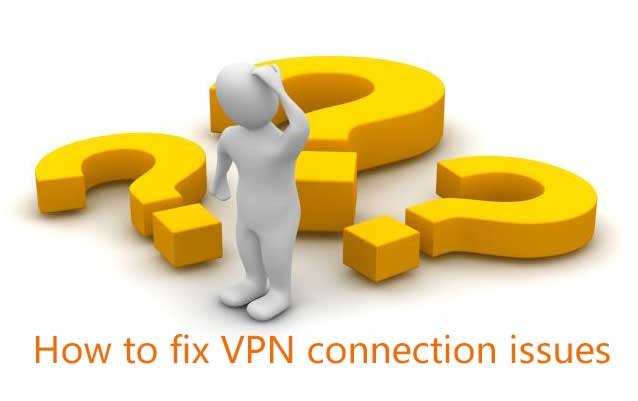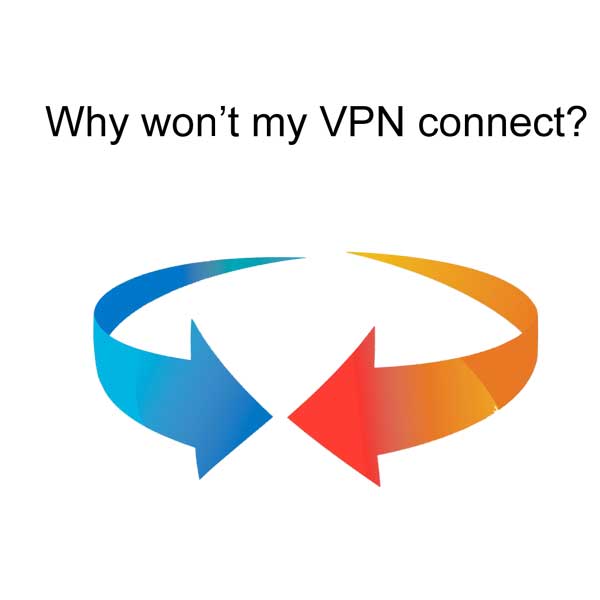What is a VPN?
A virtual private network (VPN) conceals internet data traveling to and from your device. VPN software lives on your devices — whether that’s a computer, tablet, or smartphone. It sends your data in a scrambled format (this is known as encryption) that’s unreadable to anyone who may want to intercept it.
Encryption is needed because you send tons of personal information through the internet — whether you know it or not. This data can include but is not limited to:
Emails with highly sensitive content.
Social media credentials and messages.
Banking info such as credit card numbers and account numbers.
Various passwords.
Additionally, details are attached to the data that can reveal more in-depth information about you. These can be the unique ID of your device, your physical location, and more.
VPNs are important because internet connections can be eavesdropped easily by malicious cybercriminals. Whether you are using wireless or wired connections, your data might be visible to others that can access the network. This means even password-protected Wi-Fi is a potential hazard for you and your private information.
How Does VPN Work?
VPNs use a few methods to make this anonymous data security work:
Encryption scrambles your data in a format that only the destination will be able to read. Tunneling protocols are then used to create encryption “tunnels” within your Wi-Fi or cellular network. These provide protection by isolating and concealing your data from the rest of the users on the network. This is valuable when on any internet network, whether secured or unsecured.
Remote servers act as the destination for your encrypted data tunnel. Your data gets shipped out to VPN servers in other countries to help anonymize your identity. When the data exits and moves to its final target, all the location data is from the remote server and not your own. Essentially, these VPN servers are your protective ‘middleman’ that disguises your data from interference.
Together, these main methods keep your private information from being sifted and snatched. The result is a level of cybersecurity and privacy that will give you more peace-of-mind.
There are several VPN services on the market. After purchasing one of these services, a list of different countries will be presented to you. Depending on the vendor, the VPN is available to users in the form of applications and programs, or it needs to be set manually. When running a VPN, you must select the country where the VPN server is located to connect to it in encrypted form. At this time, all your information is placed in an encrypted tunnel and then entered into the public Internet.
When information enters the public Internet through the tunnel, the IP address is changed and your original IP is no longer sent to the web server. If you use a VPN, you still need a router or Internet service provider. However, all your information is encrypted and will not change until it reaches the VPN server. Therefore, companies will not have access to your information. When you use the public and free internet, VPN encrypts your information, so your information is provided to people in an encrypted form and it is not possible to use it.
VPNs are located on your mobile phone or computer and provide you with an encrypted connection with trusted links by connecting to their servers. You can use VPNs normally but this time without any worries or restrictions. By connecting to a VPN, your information and browsing history will be accessible by the VPN maker instead of being traceable by your ISP. Therefore, you should not trust them completely and think that you are 100% anonymous on the Internet.
For example, when you go to Google, Facebook or websites that need to be logged in, your information is stored as a cookie, and the next time, even if you log in with a VPN, you will still see your information as saved. In this case, if someone uses the same device, they will access your information. So do not think that by activating the VPN you will be completely anonymous.
On the other hand, there are a number of government and law enforcement agencies that can disable your VPN server by forcing it to monitor you on the Internet. The implementation of this issue will be related to the servers used in the VPN, the VPN server and other things.
Using a VPN slows down your download and upload speeds. This is because using them, instead of connecting directly to the Internet, you will use an interface that is the same as VPN, and therefore the speed of data transfer will be reduced. Of course, this will also depend on the quality of your VPN and its connected servers.








